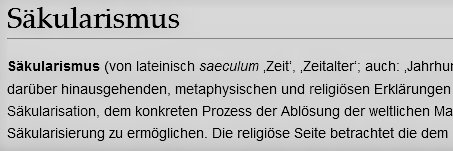
AK Säkulare Weltanschauungen
@AkSaek04
Arbeitskreis Säkulare Weltanschauungen (Secular World-Views), tweets von @sebomasr #religionssoziologie #nonreligion #secularity
One graph, two conclusions. 1. The share of folks who were born 2000-2006 who say they are very religious is the lowest ever. Revival is not happening! 2. The share who are 'not religious at all' is actually the same as folks born in the 1980s. Revival is coming!
Lots of panels and papers on secularisation, secularity and “religious nones” at this year’s ISSR-SISR conference in beautiful Kaunas, Lithuania. See the programme here: conference-system.sisr-issr.org/conferences/co…
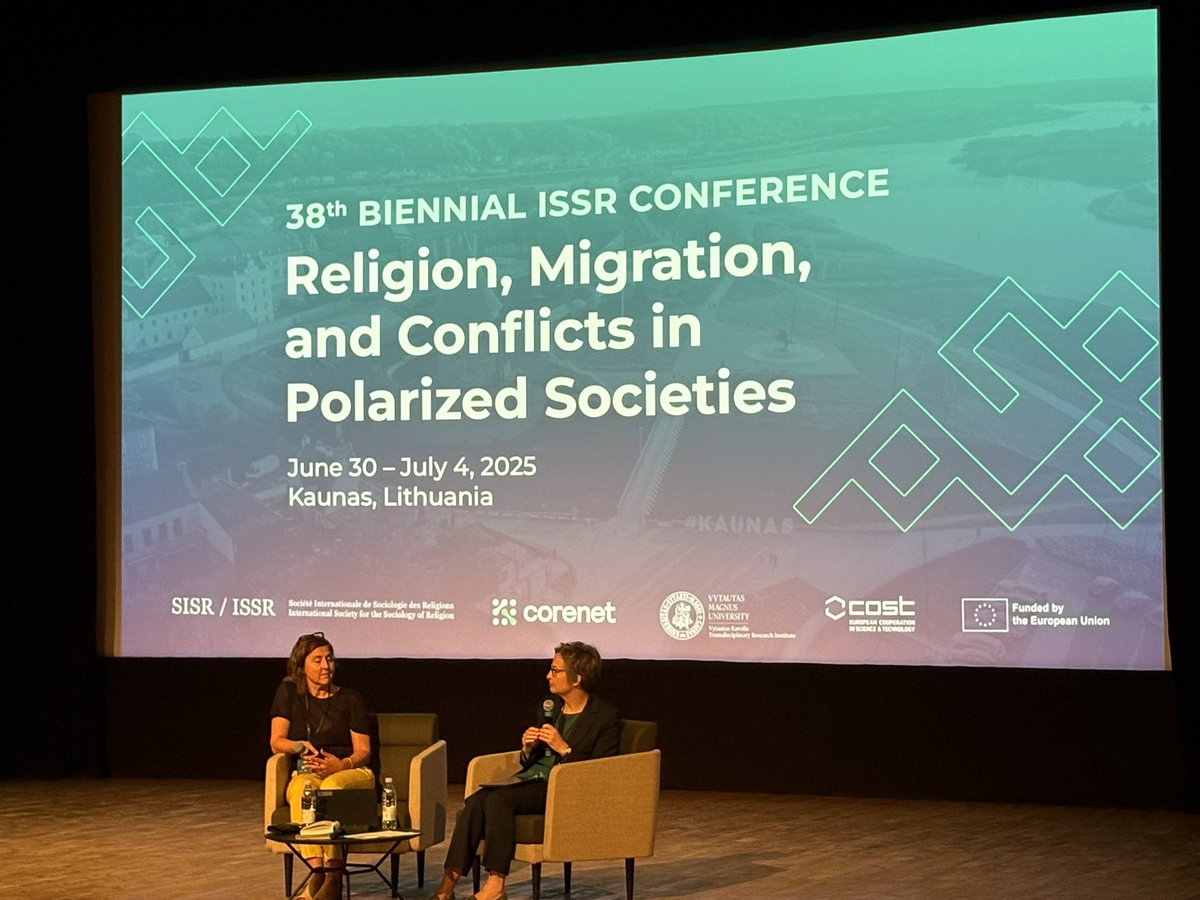
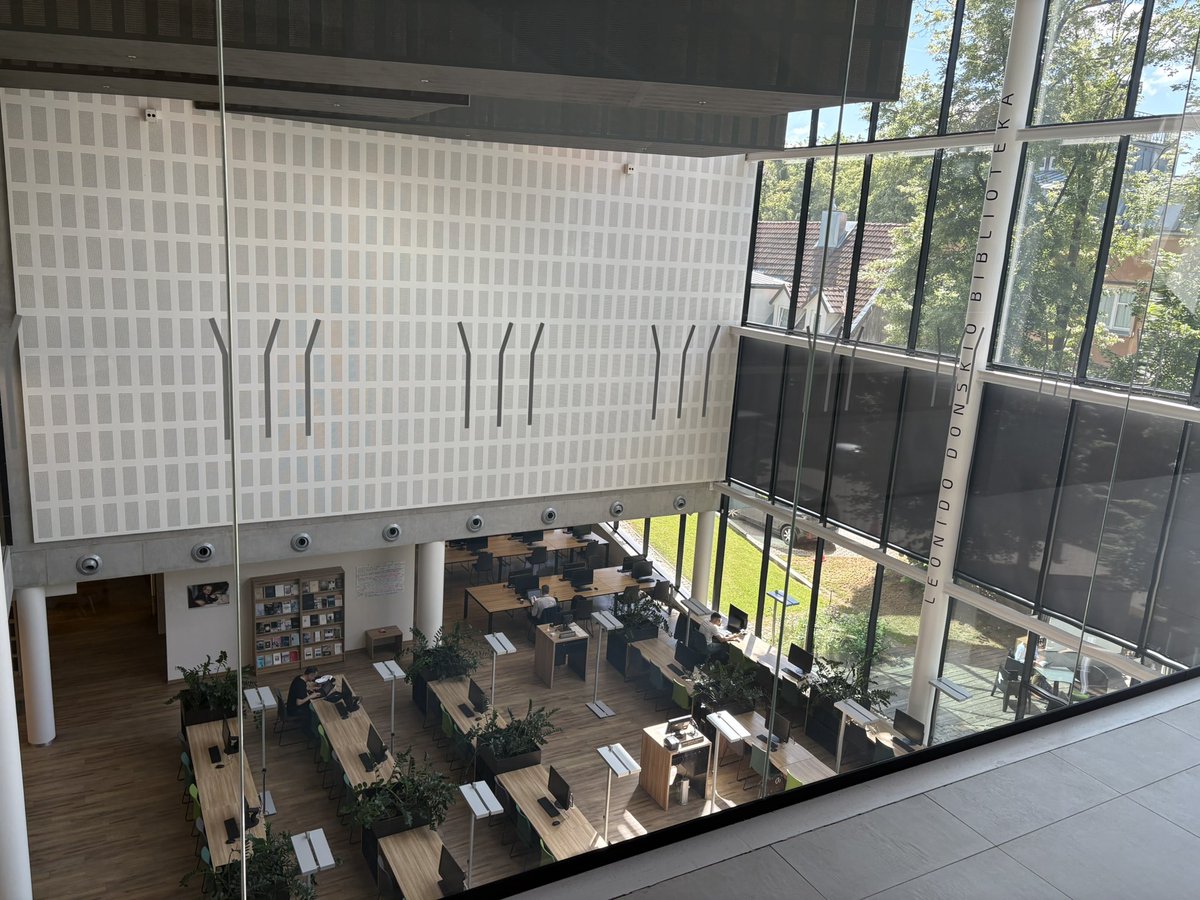
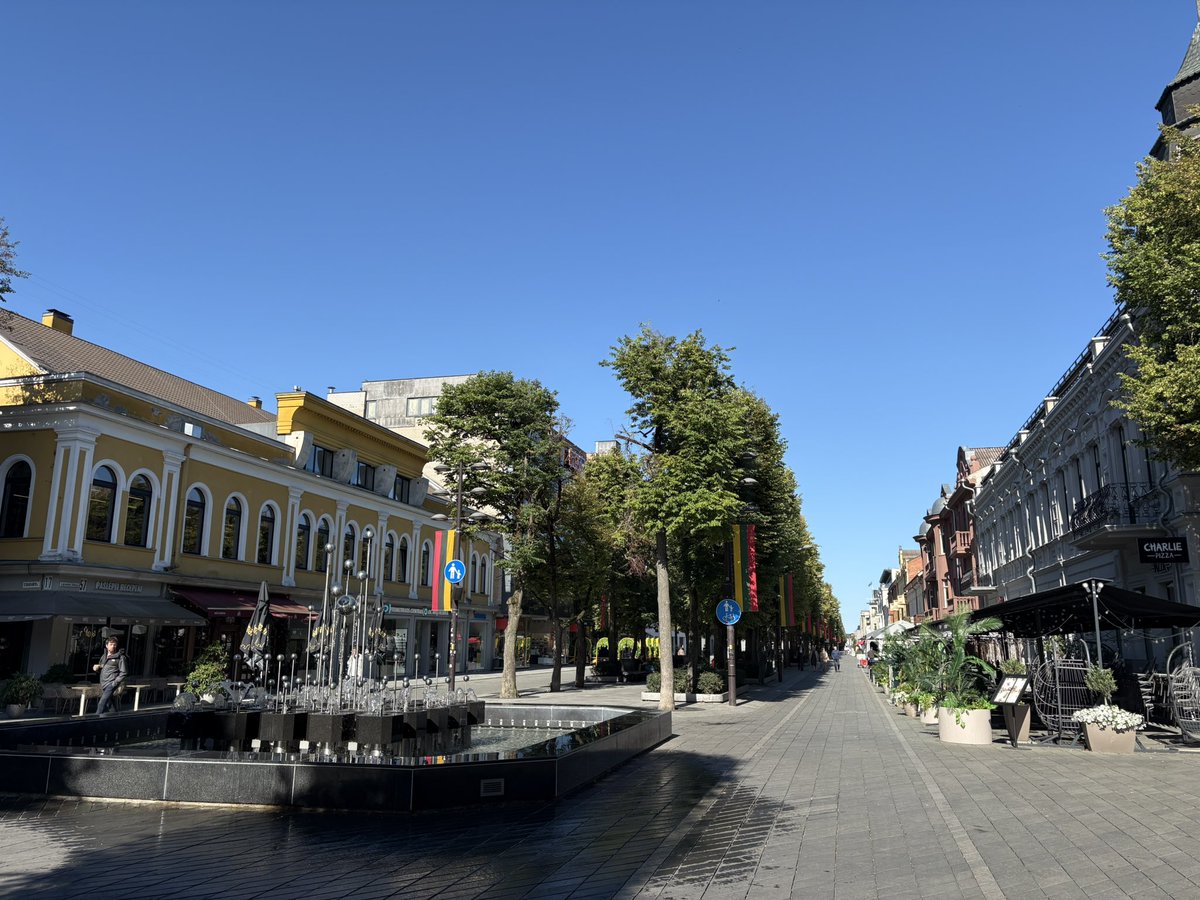
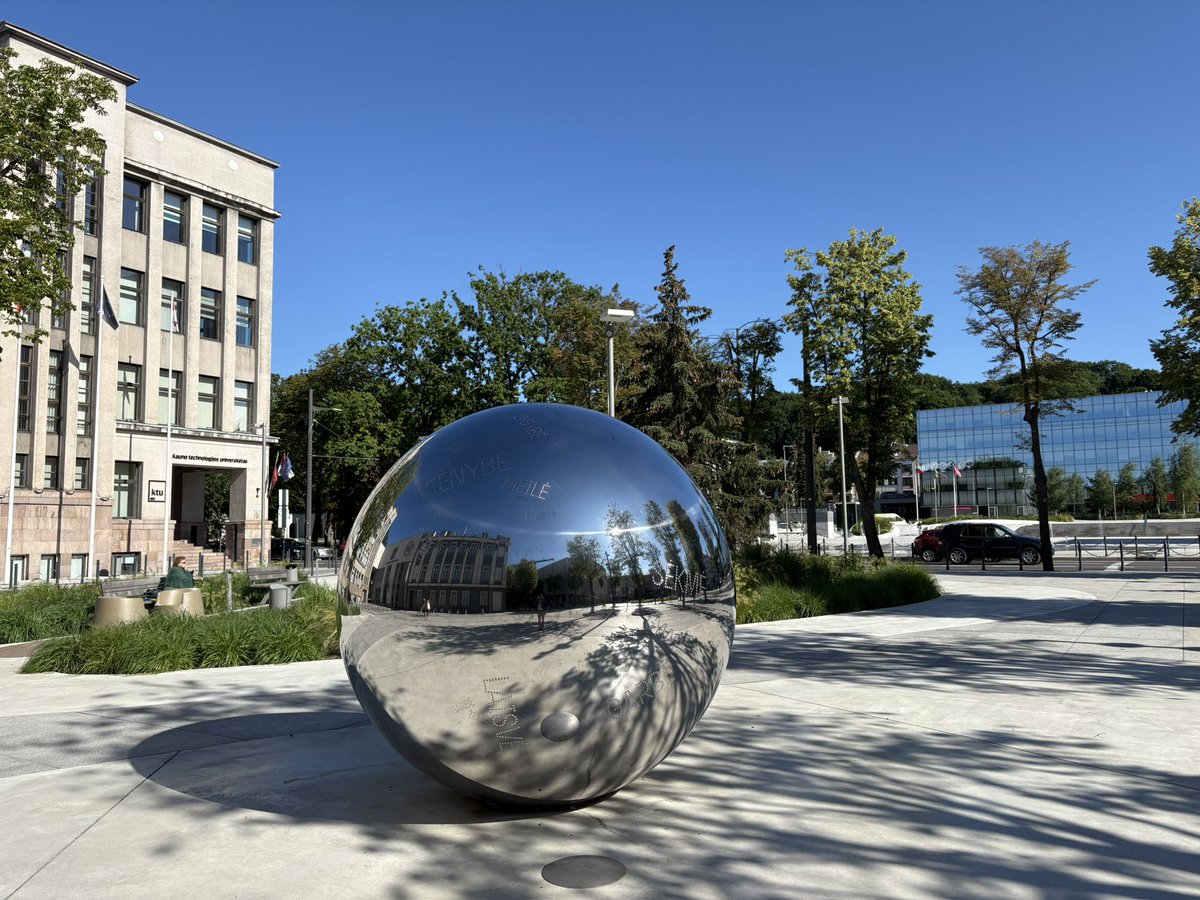
Globally, 9% of adults under 55 have left the religion they were raised in. For Muslims, it’s just 1%, per Pew Research. #ReligiousTrends #PewResearch pewresearch.org/short-reads/20…
Religious composition broken down by decade of birth. 13% of those born in the 1940s are nones It's 44% of those born in the 2000s Notice how little differences there are between the last two decades of birth. But, that's not evidence of 'revival'. It's plateau.
🔴 New Article 🔴 “Holes in Sacred Umbrellas” by Katie E. Corcoran & Christopher P. Scheitle Can just one non-religious friend shift your worldview? This study explores how friendship networks influence the dynamis of atheistic worldviews 🔗 Read here: doi.org/10.5334/snr.200
Anyone who claims that there's a religious revival among Gen Z must explain this data from the General Social Survey. 38% of Gen Z never attend religious services When Millennials were 18-29, only 31% never attended.
If I exclude the non-religious from the sample, here's what I've found over and over again. People who attend church weekly are NEVER more liberal on any public policy issue than those who never attend. Many times they are more conservative. Sometimes there's no difference.
Two facts that the data are clear on: 1. Liberals are more likely to be diagnosed with a mental health condition than conservatives. 2. The more people attend a house of worship, the less likely they are to be diagnosed as mentally ill.
Coming soon… Silence of the Gods: The Untold History of Europe's Last Pagan Peoples By Francis Young Find out more at: cup.org/4ju1Llo
Jetzt ohne Paywall: Mein Blick aufs neue Bundeskabinett nach Konfessionszugehörigkeit und Anrufung Gottes bei der Eidesleistung. herder.de/hk/hefte/archi… via @HK_aktuell
Immer mehr Menschen gestalten ihr Leben frei von religiösen Vorstellungen. Diese Entwicklung bestätigt auch die aktuelle Trendstudie "Jugend in Deutschland". Diese repräsentative Untersuchung zeigt: Deutschland wird immer säkularer. hpd.de/artikel/deutsc…
Do Americans distrust organized religion more or less than other institutions? The way I see it, there are three eras. Era 1, 1972-1985: They trusted religion more. Era 2, 1985-2005: They trusted religion about the same. Era 3, 2005-Current: They trust religion less.
It looks like the rise of secularism in Europe has also hit a plateau recently. I compared religious attendance rates in 22 countries between 2018 and 2023. In many, the share who never attend hasn't moved that much. And attendance has increased a bit in a handful.
Ab heute: Kirchentag. Die Politik gibt sich die Klinke in die Hand, das Programm ist bunt. Teilweise säkular. Den Vorsitzenden des Zentralrats der @konfessionsfrei|en, @philippmoeller, veranlasst das zur Feststellung: "Religion wird immer unwichtiger." hpd.de/artikel/kirche…
Nicht nur Amen, auch Ramen. Beim evangelischen Kirchentag mit dabei: die Kirche des Fliegenden Spaghettimonsters. Wo ihr sie besuchen könnt und wie sie den Kirchentag theologisch, politisch und kulturell bewertet... ...lest Ihr hier: hpd.de/artikel/pastaf…
Eine religionswissenschaftliche Frage der Zukunft ist, warum christliche Gläubigkeit und "wokeness" offenbar viel affiner sind als konservative Christen wahrhaben wollen.
Wer kennt sie nicht, die queeren Tiere auf der Arche, über die auf dem diesjährigen Kirchentag gepredigt wird.
A common comment I am seeing: "I'm not religious and I live a very meaningful life." @jonestony and I did a survey of 15,000 people last summer. We found two things. 1. Lots of non-religious folks do live a meaningful life. 2. It's still lower than religious people.
Laws that would require pornography websites to verify the age of their users are *incredibly* popular among the general public. 80% of all Americans are in favor. Most supportive: LDS: 92% Evangelicals: 90% Least supportive: Agnostics: 63% Atheists: 53%